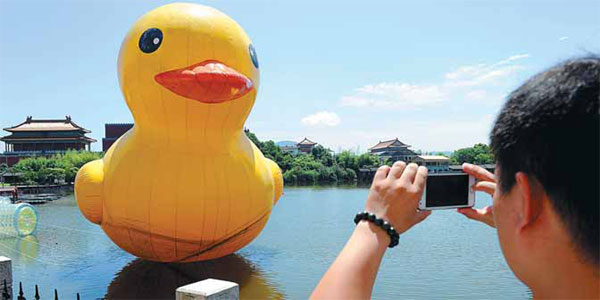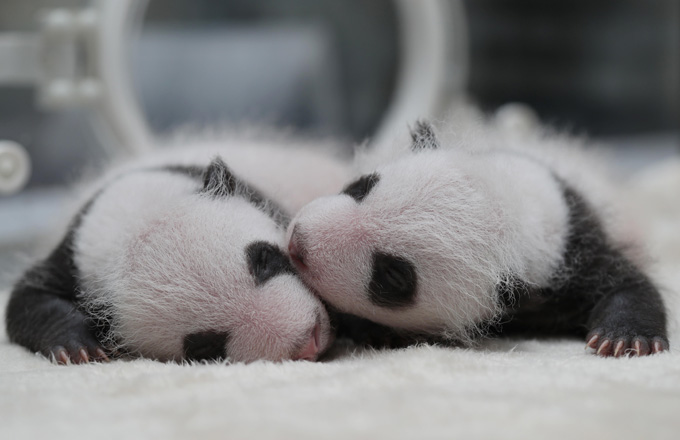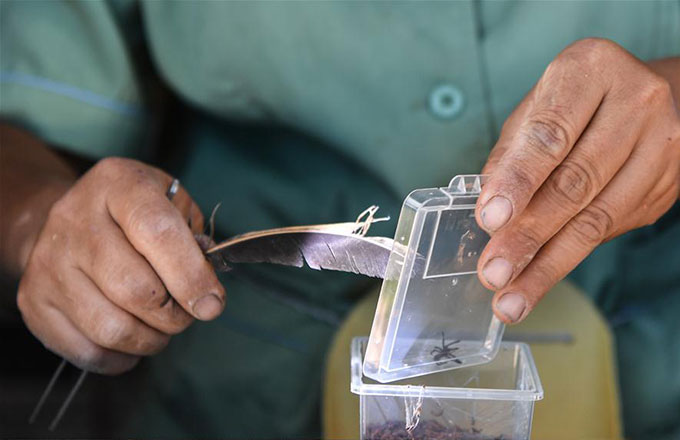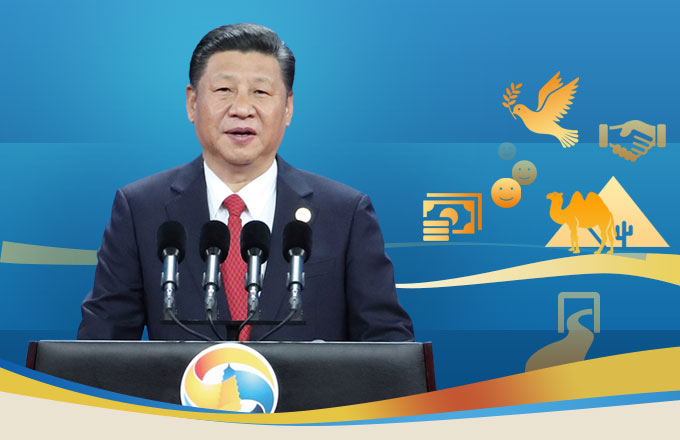Ducks trigger copyright fears
Imitations spread their wings across the country, luring hordes of visitors
Wang Lixin takes an after-dinner stroll every day in her lakeside community in Tianjin. However, the usually tranquil lake has been transformed since Friday with the arrival of a giant inflatable rubber duck.
The yellow duck is one of many of its kind that have sprung up nationwide, attracting hordes of tourists, but raising concerns over copyright issues.
 |
|
A visitor to Hengdian World Studios in Dongyang, Zhejiang province, takes photos of an inflatable rubber duck. [Photoby Bao Kangxuan/China Daily] |
The first such duck, designed by Dutch artist Florentijn Hofman, can be seen floating in Hong Kong's Victoria Harbor until Sunday.
Many Chinese mainland residents, who had scoffed at their Hong Kong counterparts' fascination with the duck in Victoria Harbor, have also found themselves transfixed by the giant rubber arrivals.
Wang, 26, said, "It's appealing in color and shape, and it is of little surprise that the ducks have become such a nationwide attraction."
Wang Miao, the mother of a 9-month-old boy, was happy to see him with one hand pointing to the giant duck on the lake while holding a toy rubber duck in the other.
But other visitors complained about the remote location of the duck. One of them, surnamed Yang, said it would have been better if it had been positioned in downtown Tianjin.
Although the ducks scattered around the country look different, they have given equal delight to residents, but have triggered concerns on copyright infringement.
In Tianjin, Wang Lixin, who studied law at college, fears the duck has infringed on the designer's patent rights.
"If they want a rubber duck, they should contact the designer, instead of making a similar one on their own," she said.
An Internet user in Guangdong province using the name "A fish born in a tropical area" on her micro blog said she was planning to go to see the duck in Wuhan during the upcoming Dragon Boat holiday, having recently seen the one in Hong Kong. "But I found out it was a much smaller duck," she said.
The Wuhan duck is considerably smaller than the one in Hong Kong, which is about 16 meters high.
Xi'an, the capital of Shaanxi province, is playing host to a "landlubber duck" - one placed on the ground rather than water.
Hofman posted on his website that his duck is heading for the United States after completing its tour in Hong Kong, indicating that the ducks on the mainland have nothing to do with him.
China Daily was unable to contact the artist but a report in The Wall Street Journal quoted him as saying he had been unable to reach an agreement with Country Garden, the real estate company that brought a duck to Wuhan.
"If people want the real duck, they have to come to me," he is quoted as saying in the report.
When contacted by China Daily, the companies that set up the ducks in Tianjin and Wuhan declined to reveal their motives, or say if they had the authorization to do so.
Li Jingjian, an intellectual- property lawyer in Beijing, said the ducks may violate the rights of the designer or other entities holding rights to the original duck.
"Generally, if something resembles another thing and has made people believe that they are related, it can be seen as copyright infringement," he said.
"In practice, however, it's very difficult to define the similarity of the two things. If the rights holder does not file a lawsuit against the imitation ducks, it is unlikely that others will bring the issue to the courts."



















